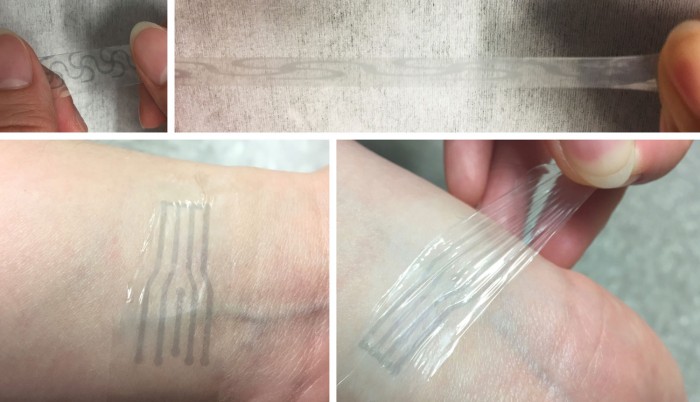
Stanford University Chemical engineer Zhenan Bao is focussed on creating flexible materials that interface with the human body. From smartwatches to heat-conducting clothing, we’re more and more integrating technology into our lives. Bao’s latest prototype takes this one step further.
Using an additive used to thicken kitchen soups, Bao’s laboratory created a flexible, plastic electrode that can conduct electricity. The result is a soft, flexible electrode that is compatible with our supple and sensitive nerves. This means that, if successful, soft electrodes could be implanted into the soft tissue of the brain, a region usually out of reach for hard electronics.
“This flexible electrode opens up many new, exciting possibilities down the road for brain interfaces and other implantable electronics,” said Bao. “Here, we have a new material with uncompromised electrical performance and high stretchability.”
The key to the design was to strengthen the otherwise brittle plastic. According to Stanford News, stretching the plastic even five per cent could result in a breakage. The additive transformed the plastic’s chunky and brittle molecular structure into a fishnet pattern with holes in the strands to allow the material to stretch and deform.






